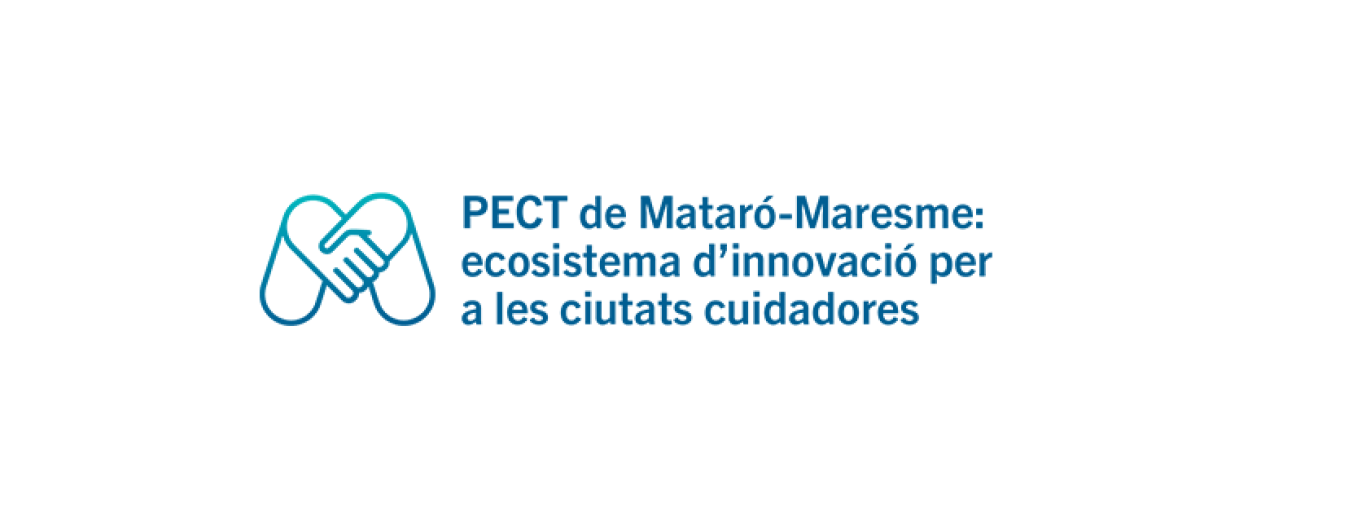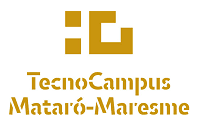Mataró Ciutat Cuidadora

Objectius del projecte
Mataró ciutat cuidadora vol ser un hub del coneixement per a l’autonomia i la qualitat de vida.
Per aconseguir-ho, desenvolupa solucions innovadores per a l’acompanyament a un envelliment actiu i per a l’atenció a les persones en situació de fragilitat i dependència.
Descripció del projecte
Mataró aspira a convertir-se en un referent a l’Estat en el desenvolupament de nous sistemes assistencials, així com noves solucions, serveis i productes en relació amb l’economia de les cures.
El projecte contempla un desplegament d’un model d’economia d’atenció a les persones a través de la innovació i la transferència de coneixement orientat a millorar l’autonomia i la qualitat de vida de les persones més fràgils. I funciona com una palanca de transformació territorial i de canvi cultural i econòmic cap a un nou model de salut i social de responsabilitat compartida, sota la lògica estratègica del One Health.
Orientat a desenvolupar el quart pilar de l’estat del benestar, l’economia de les cures, amb l’objectiu de dissenyar i desplegar nous sistemes assistencials i noves solucions, serveis i productes per a l’autonomia i la qualitat de vida que incorporin elements diferencials de base tecnològica.
El projecte permet desplegar el model de ciutat cuidadora a Mataró i al Maresme, a partir de la col·laboració publicoprivada, basada en projectes centrats en persones i model de ciutat, tracció de l’ecosistema, i creació de coneixement, investigació i innovació.
En què consisteix?
- Dinamització empresarial: creació d’un nou ecosistema empresarial per a l’autonomia i la qualitat de vida.
- Estudi i investigació en autonomia i qualitat de vida: simulació, validació i seguretat clínica. Investigació, transferència i formació professionalitzadora.
- Innovació assistencial: àmbit comunitari. Integració en l’ecosistema salut-social i apoderament ciutadà.
- Interès públic: desenvolupament de nous models d’estructura urbana.
Àmbits d’intervenció
Líders del projecte
Col-labora
Per saber-ne més
Contacte
Ajuntament de Mataró
La Riera, 48
Mataró (08301)
93 758 24 21







